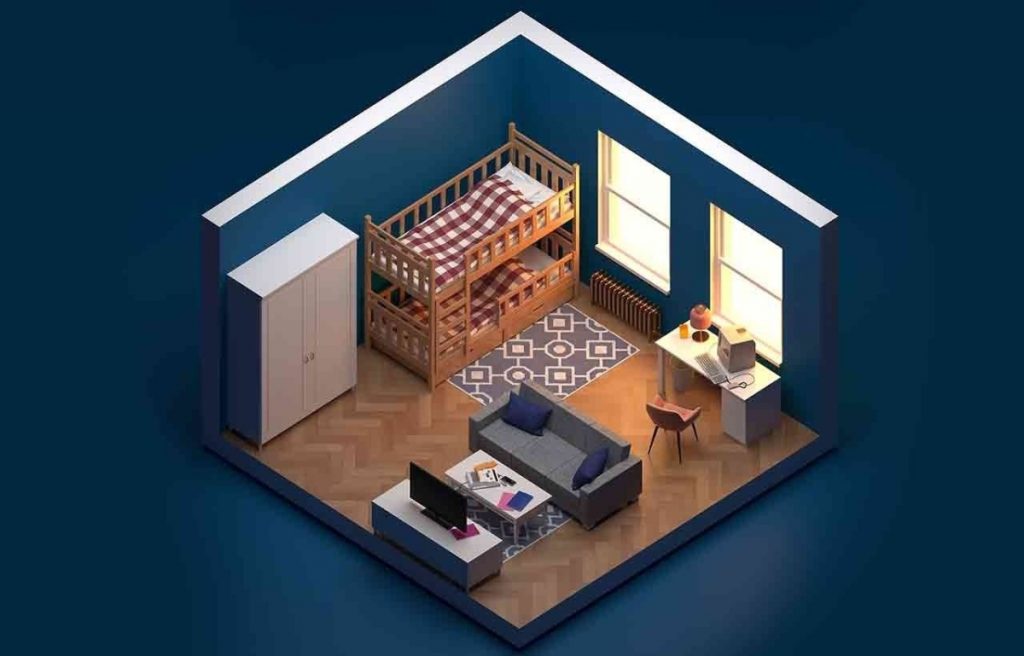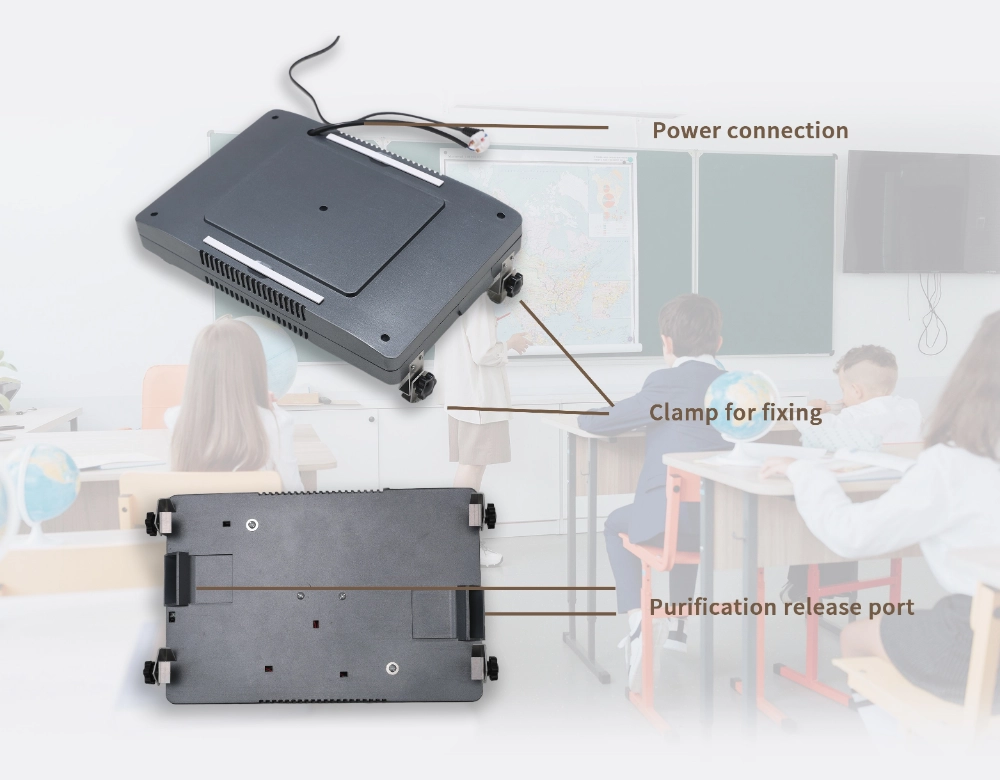
In recent years, the rapid advancement of artificial intelligence (AI) has brought about significant changes in various industries. One such industry that has witnessed a remarkable transformation is home automation. AI has revolutionized the way we live by seamlessly integrating smart technologies into our homes, making them more efficient, convenient, and secure. In this blog post, we will explore the various applications of AI in home automation and how it has transformed our living spaces.
- Voice-Activated Assistants:
One of the most prominent applications of AI in home automation is the integration of voice-activated assistants like Amazon Alexa and Google Home. These intelligent virtual assistants use natural language processing algorithms to understand and respond to voice commands, allowing users to control various smart devices in their homes effortlessly. From adjusting the temperature and lighting to playing music and even ordering groceries, voice-activated assistants have become an integral part of modern homes. - Smart Energy Management:
AI-powered home automation systems have significantly improved energy management in households. By analyzing data from sensors and smart meters, AI algorithms can optimize energy consumption by automatically adjusting heating, cooling, and lighting systems based on occupancy patterns and weather conditions. This not only reduces energy waste but also helps homeowners save on utility bills while minimizing their carbon footprint. - Enhanced Security Systems:
AI has also revolutionized home security systems, making them more intelligent and proactive. With the integration of AI algorithms, security cameras and sensors can now detect and differentiate between humans, animals, and objects, reducing false alarms. AI-powered facial recognition technology allows homeowners to grant access to authorized individuals and receive real-time alerts in case of any suspicious activity. Additionally, AI algorithms can learn and adapt to patterns, enabling the system to detect anomalies and potential threats, enhancing overall home security. - Personalized Home Experiences:
AI in home automation has made it possible to create personalized experiences tailored to individual preferences. Smart homes can learn and adapt to homeowners' habits, adjusting lighting, temperature, and entertainment systems accordingly. AI algorithms can analyze data from various sources, such as smart devices, calendars, and even social media, to anticipate and fulfill homeowners' needs and preferences. This level of personalization enhances comfort and convenience, making everyday tasks more efficient and enjoyable.
Conclusion:
The integration of AI in home automation has transformed our living spaces, making them smarter, more efficient, and secure. From voice-activated assistants to energy management systems, AI has revolutionized the way we interact with our homes. With continuous advancements in AI technology, we can expect even more innovative applications in the future, further enhancing our living experiences. Embracing AI in home automation not only improves our quality of life but also contributes to a sustainable and connected future.





